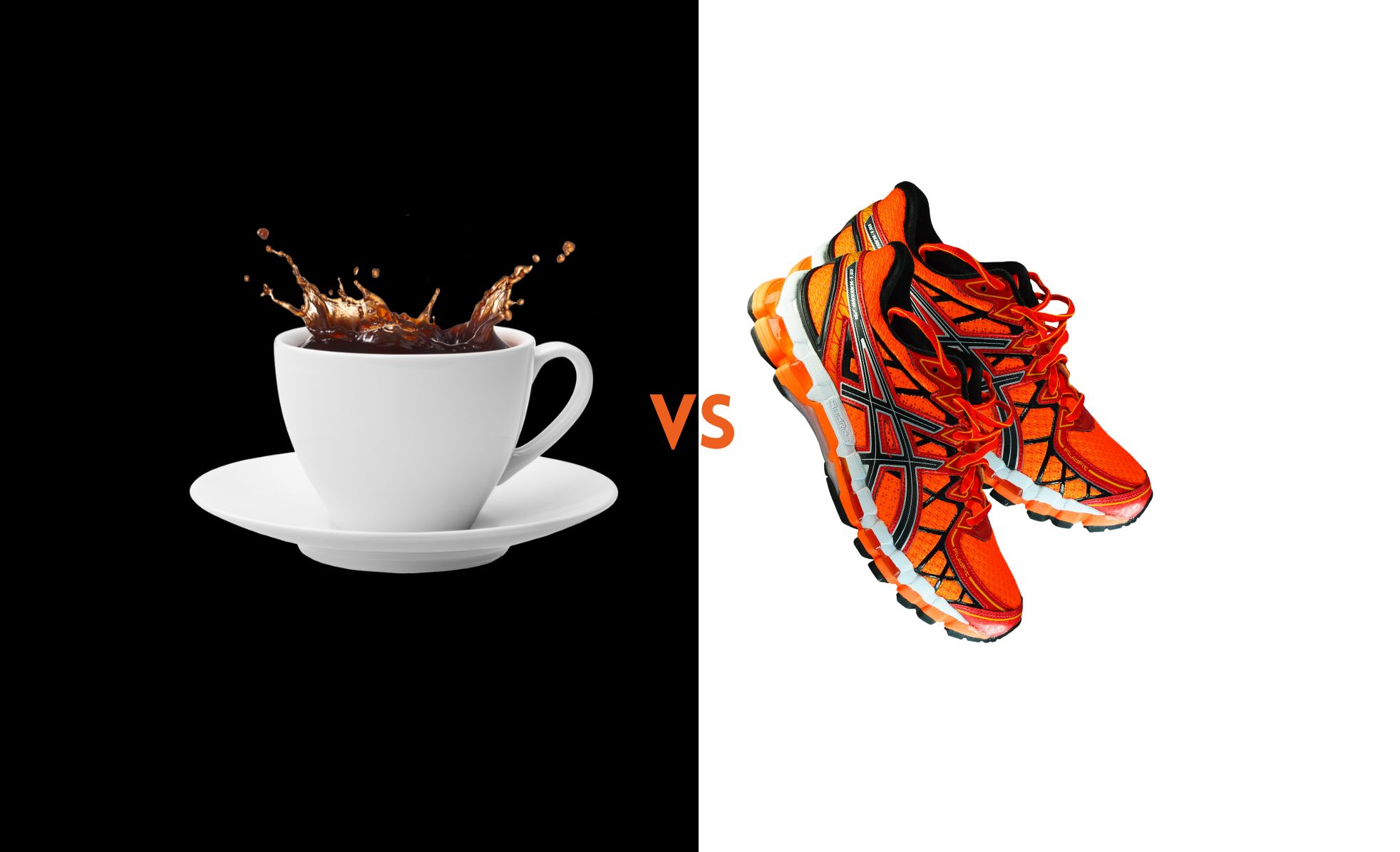coffee, is there anything it can’t do?researchers are waking up to the potential of caffeine to provide relief to people struggling with obsessive compulsive disorders. a stimulating new study,
published in the journal of anxiety disorders, has found that increasing inhibition levels with a cup of joe was effective at reducing intrusive thoughts and decreasing compulsive behaviour in germaphobes.“our research demonstrates how arousal can help to stem compulsive behaviour,” said study author and psychologist hadar naftalovich of the university of jerusalem in an
interview with the daily mail. “this could help clinicians control patients’ compulsive symptoms and deliver better treatment outcomes.”ocd is a mental health condition that occurs when a person gets stuck in a cycle of unwanted obsessions and compulsions,
according to the international ocd foundation. the disorder manifests in the form of compulsions — intrusive thoughts, images or urges — that prompt patients to perform various compulsions in an attempt to decrease the distressing feelings that result. while many people believe they have some degree of ocd, diagnosis is dependent on a cycle of behaviour so extreme it interferes with a person’s life.to test their hypothesis, researchers recruited 47 people who suffered from contamination fears (an ocd subtype) and a resulting compulsive cleaning behaviour. participants were given a cup of coffee — some regular strength, some decaf — and then asked to touch a mock “dirty” diaper and wait as long as possible before washing their hands.“participants in the caffeine group exhibited significantly lower subjective distress and urges to wash their hands both after touching the stimulus and while waiting to engage in the cleansing behaviour,” researchers wrote. “similarly, the caffeine group resisted the urge to compulsively cleanse for about twice as long as those in the no-caffeine group.”time spent washing their hands (when the caffeine group finally gave in), was similar across both groups, as was subjective distress levels and the urge to wash their hands again later.“increased arousal due to caffeine intake may increase inhibition, which in turn may play a crucial role in stopping intrusive thoughts (such as disgust), urges and compulsive cleansing in individuals with high contamination fears,” the researchers said.“patients and clinicians will find it useful to know that it is more feasible to control symptoms during times of high arousal and can use this knowledge to improve treatment outcomes.“arousal should be considered as a new treatment target by both psychopharmacological and psychotherapy scientists.”approximately one to two per cent of the canadian population will experience an ocd episode at some point in their lives,
according to the canadian psychological association, with women slightly more likely to develop the disorder than men. symptoms usually manifest themselves in the late adolescent years with very few people experiencing an ocd episode for the first time after age 40. some studies have pointed to abnormalities in specific pathways of the brain as being connected to ocd, but the cause remains largely unknown. there is little evidence the condition is inherited but genetic factors have not been ruled out.this year has been a trying time for ocd sufferers — if not the rest of the population — with the spread of covid-19 likely amplifying obsessions and compulsions. the international ocd foundation has a published
a list of helpful tips for people struggling with three common subtypes of the disorder: contamination fears, perfectionism and those with thoughts of harming others. the informative site is a good place to start for you or anyone you know in need of a helping hand.just be sure to pair it with a fresh pot of coffee.
dave yasvinski is a freelance writer with healthing.ca.don’t miss the latest on covid-19, reopening and life. subscribe to healthing’s daily newsletter covid life.
 3 minute read
3 minute read




